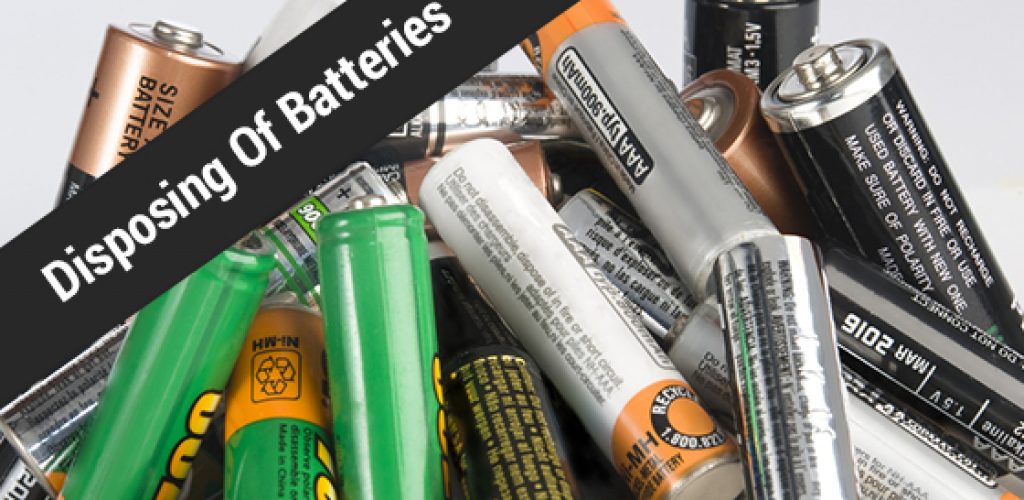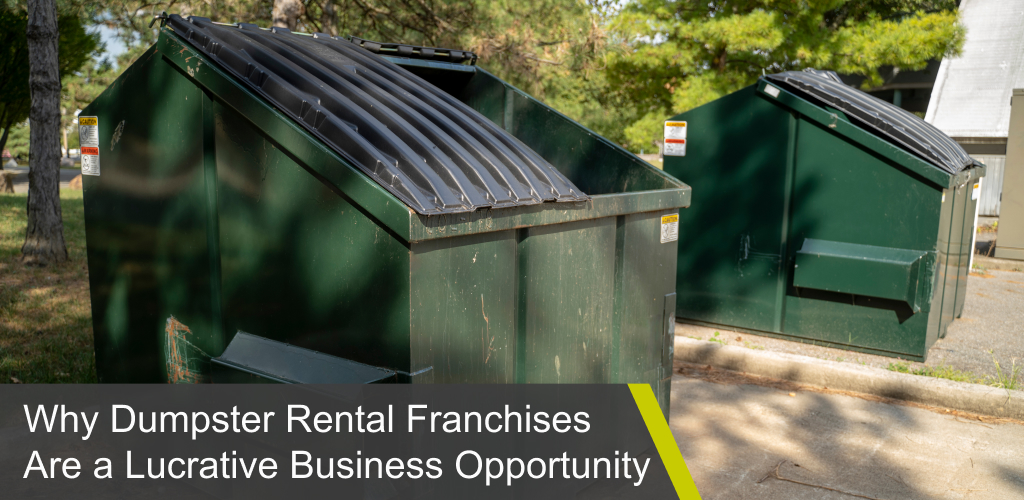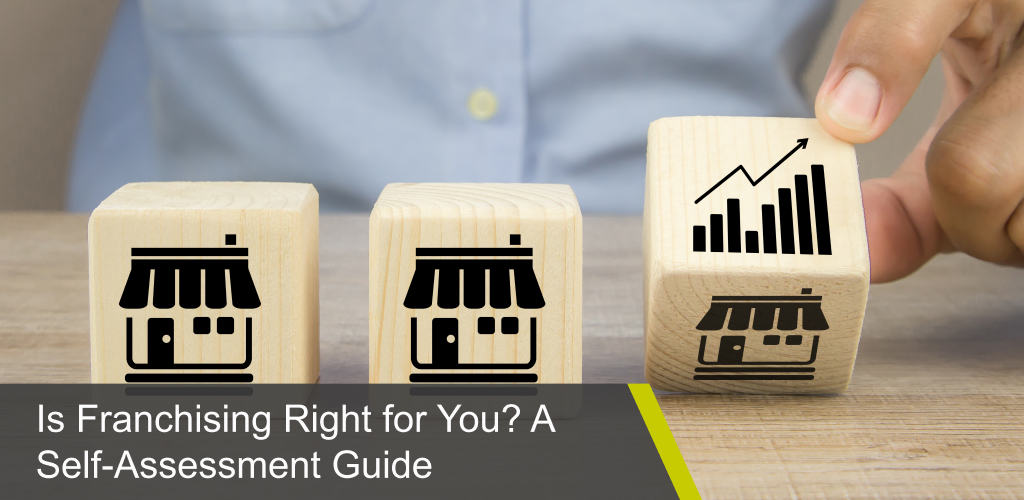Why Can You Not Throw Away Batteries?

In a nutshell, you can’t throw away batteries because they cause issues at every single stage of the trash process.
To help you better understand, here are some of the problems caused by batteries in the bin:
- They’re danger for sanitation workers. Doing sanitation work is one of the most dangerous jobs in the world. Sanitation workers have road accidents and heavy equipment accidents on the regular. But it gets even worse: Many garbage workers have been injured by the spray of acid from exploding batteries, often just from the impact of moving bags around.
- Limits on disposal options. Most disposal facilities reduce their volume with compactors or incinerators. Neither of these options works for batteries, as both heat and compression make them explode, often critically injuring workers.
- Difficulty controlling toxic chemicals before landfill disposal. While sorting waste, batteries can leak all over gloves, equipment, and the floor, often finding its way into the groundwater.
- Groundwater impacts. Most landfills will leak, eventually. It’s not possible to keep water out forever, and the odds of someone monitoring and noticing problems immediately in 50 years are very low. However, in 50 years, the contents of batteries will still be toxic, and will still have serious health effects for anyone who ingests them.
When batteries leak into groundwater, they have many health effects. Among the worst are:
- Brain damage. Lead-acid batteries, including most car batteries, contain lead that affects brain function when ingested.
- Blood vessel constriction. The paste in lithium-ion batteries, when exposed to air, rapidly forms toxic chemicals that can damage and constrict blood vessels. Lithium-ion batteries are volatile but powerful, and appear in laptops and some electric cars.
- Severe abdominal pain and digestive difficulties. Your standard household alkaline battery uses a paste of caustic potash that burns on the way down.
- Nerve and skin damage. Heavy-duty batteries use trace amounts of mercury, which builds up in the ecosystem and destroys people’s hair, skin, and outer nerves.
Most people wouldn’t wish any of these symptoms on their worst enemies, let alone on total strangers. That is why it’s so important to keep batteries out of the landfill. If a battery goes in the trash today, someday, somewhere, it will negatively affect someone’s life.
On a more positive note, recycling batteries in a way that protects people is simple and easy. We are happy to take any batteries off your hand and deal with them responsibly!













